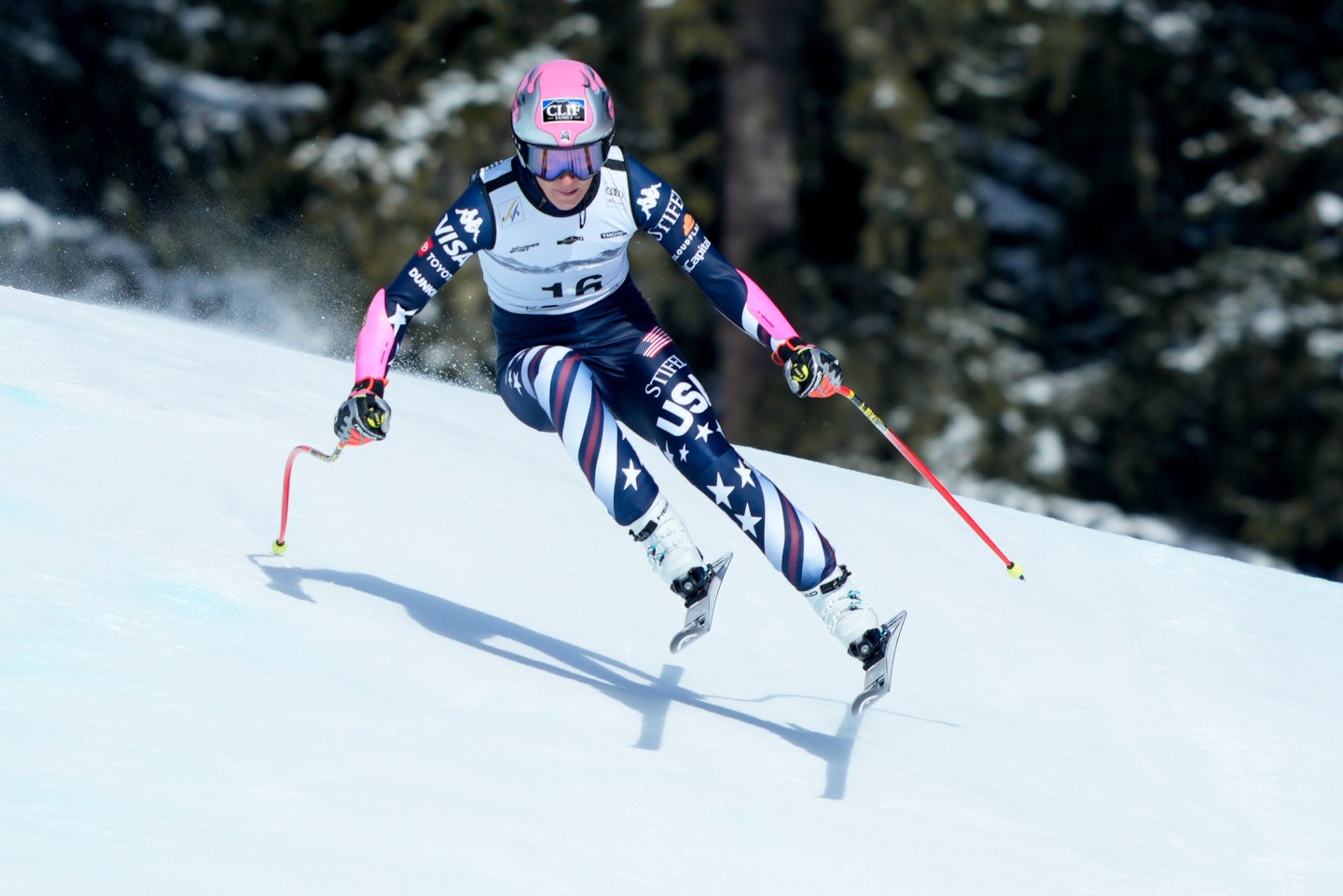The Centers for Disease Control is meeting today to discuss which groups of people need booster shots of the Moderna and Johnson & Johnson vaccines, but the amount of people getting booster shots is already on the rise.
While the rate at which people getting a first dose of the COVID vaccine has slowed, the number of people receiving booster shots increased to 11.2 million, as of Thursday, from about 8.5 million last week.
That means 5.9% of all vaccinated people in the U.S. and 15.3% of vaccinated seniors have gotten a booster, so far, according to the most recent CDC data.
The Food and Drug Administration approved the Pfizer-BioNTech booster for certain populations in September, including those older than 65, adults with underlying medical conditions, and adults who work in high-risk settings.
On Wednesday, the FDA approved booster shots for the Moderna and Johnson & Johnson vaccines as well. The agency also declared that medical providers can now provide boosters of the three approved vaccines to anyone regardless of the brand of vaccine they received initially.
A CDC committee is meeting today to discuss its own recommendation for the Moderna and Johnson & Johnson boosters. Shots can typically begin to be administered after the CDC director signs off on the agency’s recommendation.
The mix-and-match authorization could reduce demand for a Johnson & Johnson booster because of the lower level of antibodies compared to those who received a Moderna or Pfizer booster.
According to a preprint paper released last week, all combinations of original vaccines with different brands of boosters were safe and all increased an individual’s antibody count after two weeks. The paper has not yet been peer-reviewed.
The FDA’s move will expand booster access to many more people, although some health experts have argued that younger people who have already received two shots don’t need a booster.
Yet, Pfizer Inc. and BioNTech SE reported Thursday that its booster was 95.6% effective against symptomatic COVID. The results are based on a study which followed 10,000 people aged 16 years and older, according to a statement the companies released Thursday.
Subscribe to Fortune Daily to get essential business stories straight to your inbox each morning.











